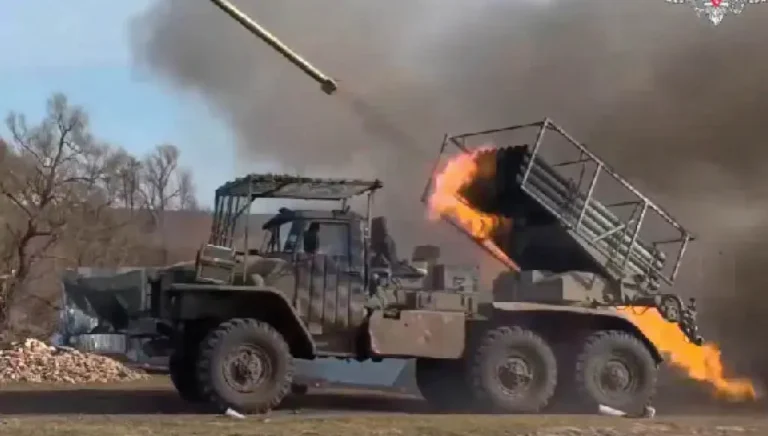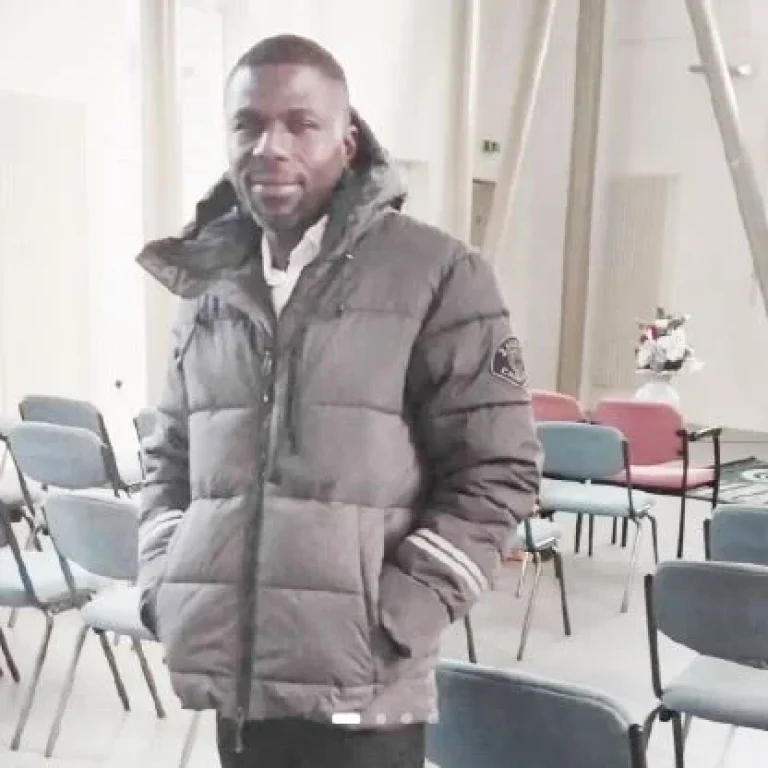
My family buried my grandmother, who was 84 years old, in a graveyard in Omdurman, across the River Nile from Khartoum, as bullets whizzed overhead due to the dramatic escalation of the war in Sudan between the army and paramilitaries.
My grandmother’s blood pressure dropped because she has diabetes, but we couldn’t get her to a doctor because there is only one working hospital in Omdurman (where millions of people still live despite a massive exodus out of the city) and the others have been ransacked or hijacked by fighters.
Bullets, bombs, and shells rain down daily in residential neighbourhoods, so the hospital only admits patients wounded in the war. Therefore, sick people in Omdurman are no longer being treated at hospitals.
My grandmother’s condition rapidly deteriorated without intervention.
My grandfather, who was her husband, passed away in 2005, and my family and I wanted to bury her in the same cemetery where he is, but it is too close to the Central Reserve Police. Rapid Support Forces (RSF) are paramilitaries who are constantly fighting to overtake the police station in the area.
We relocated her remains to a quieter cemetery, but on the day we arrived, fierce fighting could be heard on both sides of the cemetery.
My grandmother was buried by a small group of relatives who had to lie low to avoid gunfire before they could lay her in the ground. It took them about six hours to leave the cemetery because the gunfights were so intense; they finally calmed down around sunset.
When heavy shooting broke out in the area and continued for hours, most of my grandmother’s relatives stayed behind at her house and had to huddle together in rooms.
We were fortunate in that we were able to bury her in a cemetery, as many others have done with their loved ones in their own homes.
In the old section of Omdurman, in the neighbourhood of al-Molazmeen, the violinist Khalid Sanhouri was laid to rest by his brother and neighbour.
He was a diabetic man in his forties whose family claims he starved to death because there was no food at home and going outside was too dangerous due to the ongoing fighting.
People had abandoned the area, and businesses were closed. He stayed behind with the select few.
Battles between the army and RSF for control of the bridges leading to Khartoum and Bahri city have had a devastating effect on Old Omdurman, where Sanhouri once resided.
Heavy shelling and air strikes have been occurring frequently. Numerous people have been killed, and many buildings have been reduced to ruins.
After erupting in April, the conflict in Sudan shows no signs of abating.
Until recently, the war had less of an impact on the neighbourhood where my grandmother lived in Omdurman. She was very well-liked by the neighbours she lived among.
Up until about ten years ago, when her health began failing, hundreds of young girls and boys would gather outside her house every Friday in hopes of receiving one of her many gifts.
Now adults with their own children, they came to the mosque across the street from her house to pay their respects before she was taken to the cemetery.
In the three weeks since her burial, however, many residents have fled because of heavy army shelling. The army is trying to drive back RSF fighters, who now control a large portion of greater Khartoum.
Even my mother came dangerously close to passing away. She was on her way to the market to pick up some fresh vegetables when a drone strike nearby triggered a massive explosion. She came to an abrupt halt and then sprawled out on the ground.
The tea attendant next to her was so startled that she dropped her tray. When she finally did, she joined him in his supine position.
War, precipitated by a feud between two generals, has wreaked widespread devastation.
The day my grandmother was buried, August 24, seems to have been a watershed moment in the war. The RSF’s siege of army chief Gen. Abdel Fattah al-Burhan ended on this day.
After being trapped in the Khartoum military headquarters since the conflict began on April 15, he was finally able to escape.
He claimed that an operation by his forces had broken the siege, but some Sudanese believe that an under-the-table deal between him and the RSF had been negotiated by foreign mediators.
Since then, Gen. Burhan has made Port Sudan his home base while making extensive international travels to rally support for the war against the RSF.
The warring parties are still holding talks in Saudi Arabia, but General Burhan has not yet arrived.
His rhetoric, along with that of RSF commander Gen. Mohamed Hamdan Dagalo, also known as Hemedti, suggests that the two sides view each other as traitors and are prepared to fight to the bitter end rather than make peace.
The whereabouts of General Dagalo are unknown, but he is likely still in Khartoum.
They collaborated on a coup in October 2021, but now they’re embroiled in a power struggle that has their men fighting each other.
Since Gen Burhan’s siege ended, there is no doubt that the army has stepped up its operations against the RSF, leading to a rise in civilian casualties.
If you were to open the door to your house right now, you would see nothing but people hoisting bodies over their heads. A woman who recently left Omdurman said, “It’s very scary.
On the night of August 29th, government forces shelled an entertainment centre in Omdurman, killing ten men who were inside watching football on a giant screen.
They failed to destroy the next-door restaurant where RSF members occasionally eat fava beans, the staple food in Sudan. None of them, however, were present at the restaurant that night.
A few days later, the military attacked the poor neighbourhood of Ombada 21 in the city of Omdurman. Again, it appeared that RSF fighters stationed there were the intended target, but they had already left when the shells landed, killing around 25 civilians in the process.
On September 10th, an airstrike on a market in Mayo, a poor neighbourhood south of Khartoum, resulted in the deaths of at least fifty civilians.
These are only a few of the many innocent people this war has cost. Most of the victims in Khartoum are poor black people who feel forgotten by a world preoccupied with the war in Ukraine, natural disasters in North Africa, and coups on other continents. Many middle-class residents of Khartoum fled early in the conflict.
While thousands are being killed in greater Khartoum and across Sudan, these coups have been relatively bloodless.









لوازم یدکی فوتون کشنده اصلی شرکتی رو از این سایت میتونید بخرید